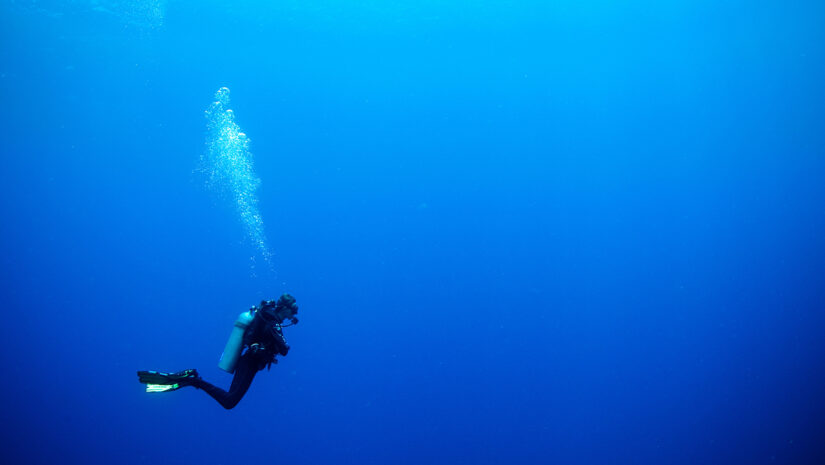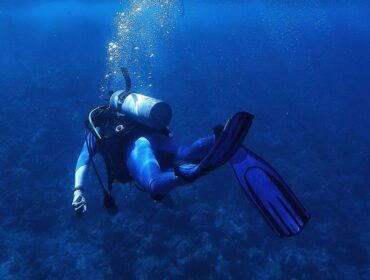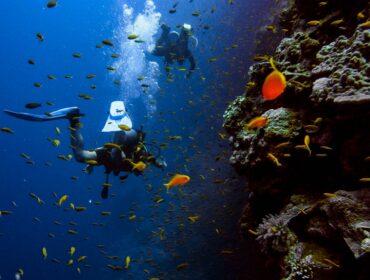The Deep Diver specialty is the perfect next step for advanced scuba divers looking to expand their skills and unlock new underwater experiences. Diving deeper than the standard recreational limits offers access to stunning dive sites, dramatic underwater landscapes, and marine life that thrives at greater depths. However, with increased depth comes additional risks, requiring proper training and knowledge to ensure safe and enjoyable deep dives. The Deep Diver specialty equips divers with the skills and confidence needed to explore depths beyond 30 meters (100 feet) while managing the physiological and technical challenges that come with it.
Why Take the Deep Diver Specialty Course?
Many of the world’s most breathtaking dive sites lie beyond the standard depth limits of recreational diving. From famous wrecks resting on the seafloor to walls that drop into the abyss, deep diving offers a sense of adventure and mystery that shallower dives simply cannot match. However, without proper training, venturing beyond 100 feet can be risky. The Deep Diver specialty ensures that divers are well-prepared to manage the physiological effects of deep diving, gas consumption, and potential hazards like nitrogen narcosis.
Beyond safety, taking this specialty enhances a diver’s overall skill set. Learning to plan and execute deep dives builds confidence, improves air consumption, and refines buoyancy control in more challenging conditions. It also opens the door to further training, such as technical diving or wreck penetration courses, both of which often require deep diving proficiency. Even for those who don’t plan to go into technical diving, having deep diving experience provides a greater sense of mastery and control in the water.
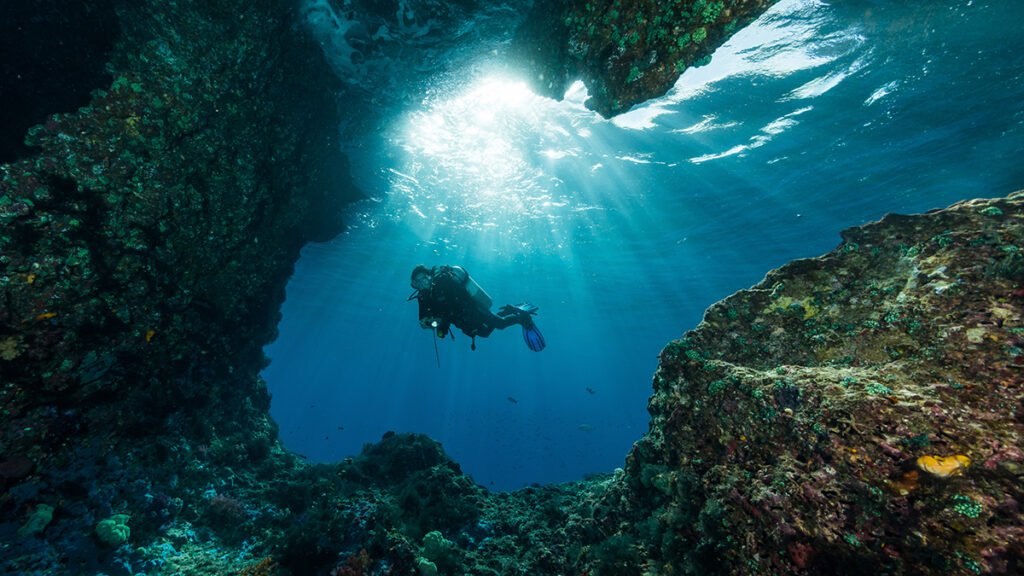
What to Expect from the Deep Diver Specialty Course
The Deep Diver specialty is designed to be a mix of theoretical knowledge and practical application. The course typically includes a combination of classroom learning, confined water skills (if necessary), and open water dives. Divers will gain an understanding of the physics and physiology of deep diving, learning about increased gas consumption, pressure-related effects, decompression limits, and how to prevent and manage nitrogen narcosis.
One of the key skills taught in the course is proper gas management. As depth increases, air consumption rises significantly, making it essential for divers to monitor their gas supply closely. Students also practice emergency decompression procedures and learn how to use backup air sources effectively. Another important component is mastering buoyancy at depth, which can be more challenging due to increased gas density and changing pressure dynamics.
During the open water dives, students gradually extend their depth limits under instructor supervision. They will practice descending and ascending safely, conducting deep stops if necessary, and using dive computers or depth gauges to track no-decompression limits accurately. Additional exercises may include simulated emergency scenarios, such as dealing with an out-of-air situation or assisting a buddy experiencing nitrogen narcosis.
How Long Does the Deep Diver Specialty Course Take?
The Deep Diver specialty typically takes two to three days to complete, depending on the training schedule and conditions. Most courses require a minimum of three or four open water dives to demonstrate competence in deep diving skills. Theory sessions can often be completed before or between dives, allowing divers to progress at a comfortable pace. Some dive centers offer flexible scheduling, making it possible to complete the course over multiple weekends or during a dedicated dive trip.
Prerequisites: Who Can Take the Course?
To enroll in the Deep Diver specialty, divers must typically hold an advanced-level certification. Most training agencies require divers to have completed an Advanced Open Water or equivalent course, which includes at least some experience with deeper dives (usually to around 100 feet). In some cases, a minimum number of logged dives may also be required to ensure divers have adequate experience before attempting deeper depths.
Divers should also be in good health and comfortable in the water. Since deep diving requires more focus and control, it’s beneficial for divers to have solid buoyancy skills and confidence in their ability to handle different underwater scenarios. While not a requirement, many divers find it helpful to have additional training, such as a Nitrox (Enriched Air) certification, which allows for longer bottom times at depth by reducing nitrogen absorption.
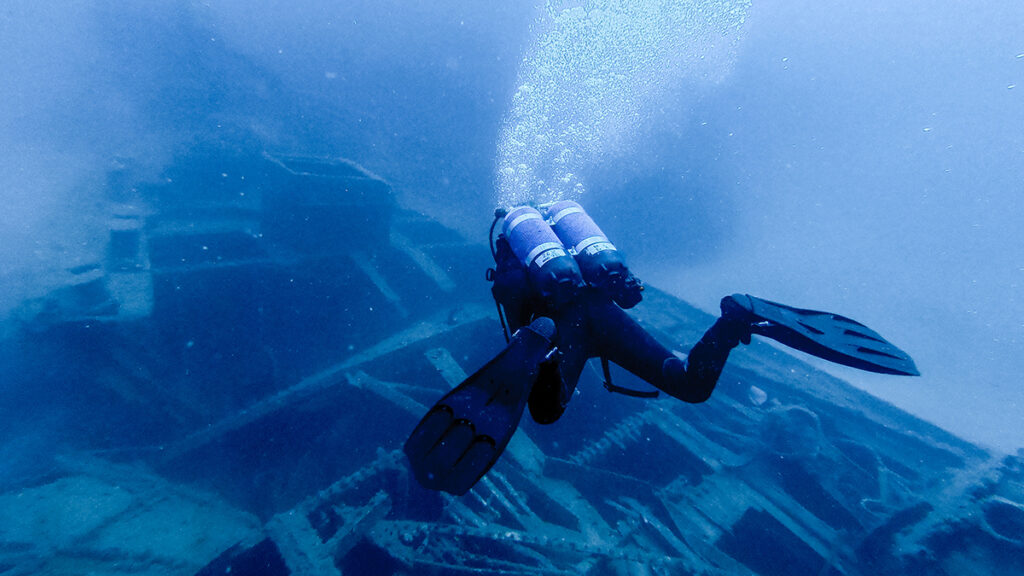
Take Your Diving to the Next Level
For those who are ready to push their limits and explore the underwater world beyond 100 feet, the Deep Diver specialty is an invaluable course. It not only expands the range of dive sites available but also enhances safety and skill development. Whether you dream of exploring deep wrecks, diving alongside pelagic species in the blue, or simply improving your dive planning and confidence at depth, this course is the perfect stepping stone.
By completing the Deep Diver specialty, you’ll gain the knowledge and practical experience to handle the unique challenges of deep diving while unlocking new opportunities for adventure. If you’re looking to take your diving to the next level, consider making deep diving your next specialty course; you won’t regret it!

